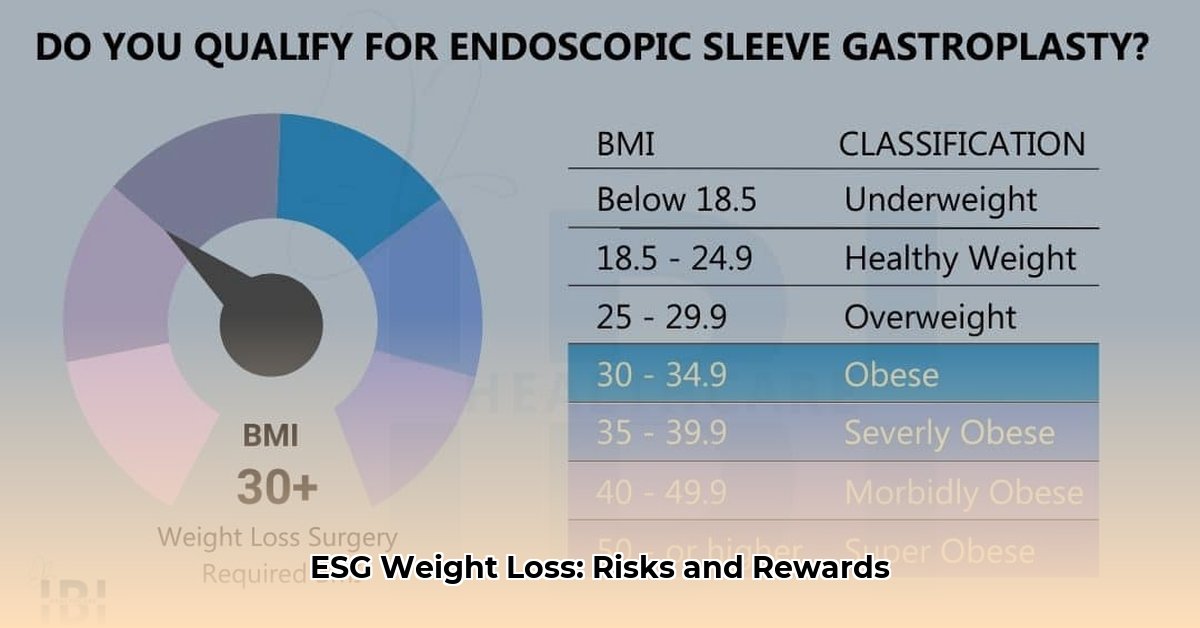
Understanding ESG Weight Loss Costs
Endoscopic sleeve gastroplasty (ESG) typically costs around $12,000, making it more affordable than other bariatric surgeries like laparoscopic sleeve gastrectomy (LSG), which can range from $10,000 to $16,000. However, insurance coverage for ESG is limited, so out-of-pocket expenses may be necessary.
ESG: A Low-Risk Procedure with High Impact
Unlike traditional weight loss surgeries, ESG is non-invasive and involves no incisions or scars. It uses an endoscope to reduce the size of the stomach, minimizing risks and discomfort. Studies have shown that ESG can help patients lose up to 25% of their starting weight within two years.
Benefits and Considerations for Long-Term Success
ESG offers several benefits, including significant weight loss, improved health outcomes, and a favorable safety profile. However, it requires lifestyle modifications and dietary changes for optimal results. Potential drawbacks include out-of-pocket expenses and the need for continued monitoring and support.
Making an Informed Decision: Weighing the Costs and Benefits
ESG can be a cost-effective and effective option for those who struggle with weight loss. It is important to weigh the potential benefits against the costs and consider the individual’s health goals and circumstances. Consultation with a qualified healthcare professional is essential before undergoing any weight loss procedure.
ESG Cost Structure
Direct Costs:
- Management Fees: ESG funds typically have higher management fees due to specialized research and screening processes.
- Sustainability Reporting: ESG funds must report on their sustainable practices, which incurs additional costs.
- Engagement Costs: ESG investors engage with companies to promote sustainable practices, resulting in expenses.
Indirect Costs:
- Potential Underperformance: Some experts suggest ESG funds may underperform traditional funds due to investment restrictions and other factors.
- Investment Restrictions: ESG investors may exclude certain companies or industries from their portfolios, potentially limiting investment returns.
Navigating ESG Investing’s Cost Considerations
Understanding the costs associated with ESG investing is crucial. Investors should decide if the alignment of their values with ESG principles outweighs the potential financial implications. Balancing ethical considerations with financial goals is essential when making ESG investment decisions.